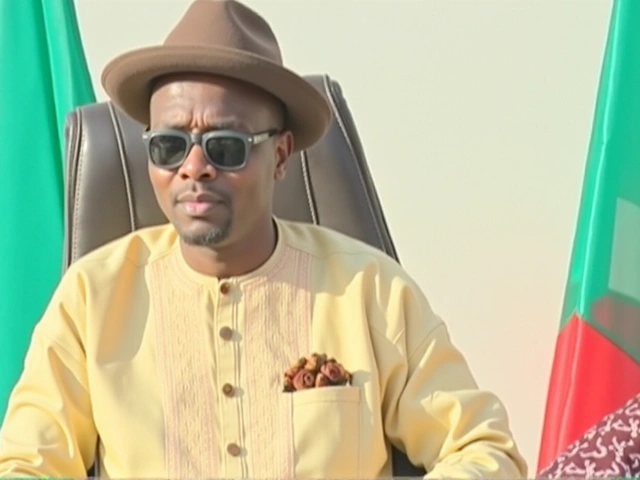Fact-Checking the 2024 Presidential Debate: Trump vs. Biden
The first presidential debate of the 2024 election cycle between Donald Trump and Joe Biden was tinged with numerous unverified claims and statements that went largely unchallenged. Hosted by CNN's Jake Tapper and Dana Bash, the debate attracted significant attention, but the moderators maintained a hands-off approach to fact-checking, which let several inaccurate statements linger. The role of the moderators, as clarified by CNN’s political director David Chalian, was to facilitate discussions rather than correct factual inaccuracies, which left room for candidates to push their narratives unchecked.
Trump's Claims on Abortion and Roe v. Wade
One of the more contentious issues during the debate was Trump's claim that Democrats support abortion rights up until birth. This assertion is not backed by the statistics; in fact, less than 1% of abortions in the United States occur at or after 21 weeks. The debate over Roe v. Wade was also misrepresented by Trump, who suggested that there is widespread support to overturn it. This overlooks existing data showing the public is divided on the issue, with significant opposition to overturning the landmark ruling.
Environmental Policies and Performance
Trump's declaration that his administration achieved 'the best environmental numbers ever' does not align with factual assessments. Independent analyses show that during Trump's tenure, environmental policies were rolled back, resulting in several negative impacts on climate-related metrics. This assertion by Trump, presented without immediate counterpoints, added to the ambiguity surrounding his environmental record.
Biden's Exaggerations on Prescription Drug Reform
While Trump's claims on abortion and the environment were focal points, Biden also made statements that stretched the truth. He touted accomplishments in prescription drug reforms, but the portrayal of their impact was exaggerated. The debate format allowed him to emphasize successes without delving into the complexities or acknowledging the limitations of the reforms undertaken.
Border Security Under Trump
Trump's assertion about having 'the most secure border in history' also faces scrutiny. While he highlighted his administration's efforts, data on migrant apprehensions tell a more nuanced story. The rising number of apprehensions during his term offers a conflicting perspective, indicating that border security challenges persisted.
Economic Conditions Post-Trump
Biden's claim about economic collapse and job scarcity following Trump's departure warrants closer examination. The post-pandemic economic landscape has been turbulent, and while Biden was correct in noting the hardships, his characterization oversimplified a more complex economic scenario. Accurate context is necessary to understand the varied factors contributing to the economic conditions.
January 6 Insurrection and Accountability
The debate also touched on the January 6 insurrection, with Trump attempting to shift blame towards Nancy Pelosi. This narrative omits substantial findings from investigations and is not upheld by available evidence. The handling of these discussions showcased the need for real-time fact-checking during live debates to dispel misleading assertions.
Claims on Tax Cuts and Economic Performance
Trump's statements about enacting the largest tax cuts and presiding over the 'greatest economy in history' were other dubious claims made during the debate. While the tax cuts did occur, their benefits and impacts require a deeper dive into economic analytics. Economists have contested the narrative of an unprecedentedly strong economy, considering broader economic indicators.
Biden and the 'Super Predator' Comment
Biden faced allegations from Trump suggesting that he referred to Black Americans as 'super predators,' a claim lacking substantial evidence. This debunked assertion highlighted the contentious and personalized nature of the debate, veering away from substantive policy discussions.
The broader take-away from this debate lies in the need for a more robust approach to real-time fact-checking. Such debates shape public opinion significantly and allowing unverified statements to persist can skew viewers’ perceptions of critical issues. This calls into question the role of debate moderators and whether there needs to be a paradigm shift in how these events are conducted to ensure the dissemination of accurate information.
The 2024 presidential debate between Trump and Biden set the stage for a contentious election, with both candidates deploying strategies aimed at appealing to their bases. However, the unresolved truth claims and the lack of rebuttals demonstrate the complexities of modern-day political rhetoric and underscore the importance of critical media literacy among the electorate.






Write a comment